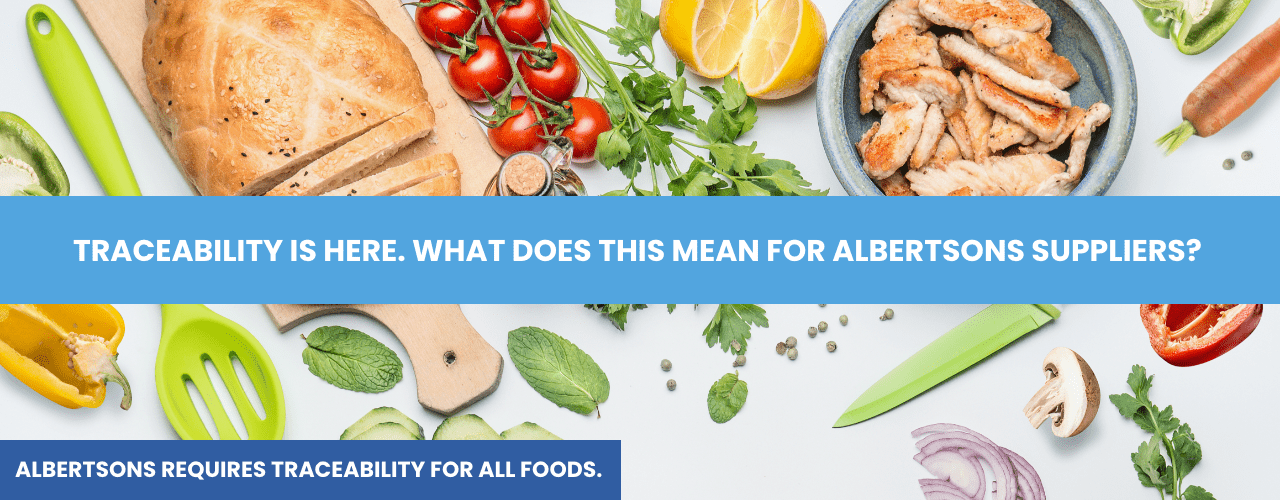In December 2023, Albertsons’ announced its traceability program, requiring additional traceability recordkeeping for ALL FOODS entering its facilities to “in anticipation of the FTL evolving to include new items and to ensure ongoing compliance.”
Other industry giants – including Walmart – have also made the decision to require traceability for all foods, extending beyond the requirements of the FDA’s FSMA 204 food traceability law. ReposiTrak can help you to take your traceability data to any of your retail, wholesale or restaurant customers to meet their unique requirements.
The goal of traceability, according to the FDA, is the “faster identification and rapid removal of potentially contaminated food from the market, resulting in fewer foodborne illnesses and/or death.” As a result, every food supplier, retailer, wholesaler and restaurant in the country is now part of the largest data collaboration project in the history.

